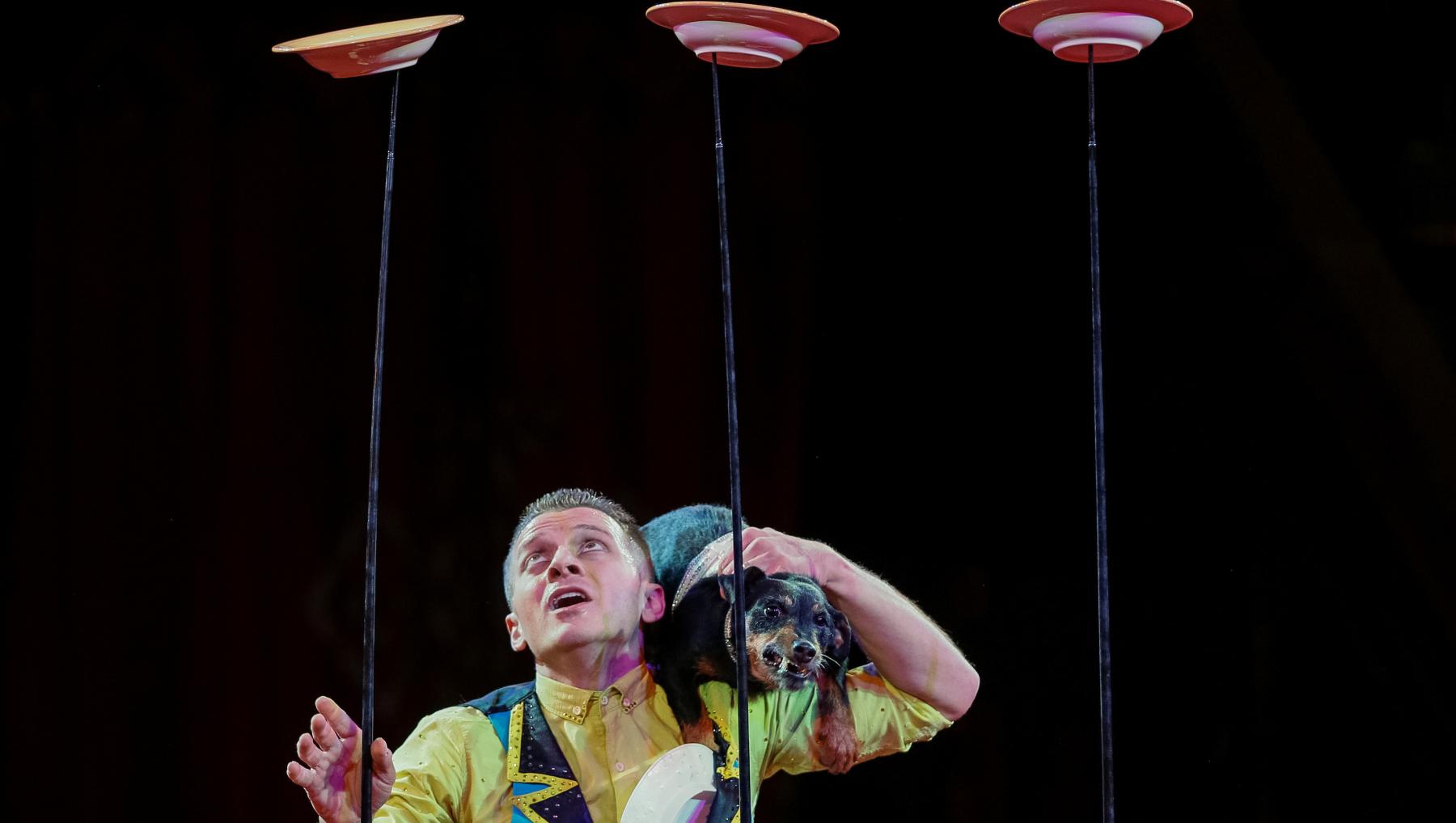
Universities don’t like change. But as the breakneck pace of technology speeds up the modern economy, these ancient institutions are starting to break the rules.
To adapt to the needs of future workers, some colleges are moving their courses online; others are doubling down on artificial intelligence. The latest school to offer a nontraditional approach to higher education is the University of the Arts, a visual and performing arts school in Philadelphia, Pennsylvania, which has just set up a new PhD program not in an specific discipline—but in the overarching idea of creativity.
Under the new creativity PhD, which debuted last month, students will participate in cross-disciplinary workshops and produce unique, independent dissertations, advised by professionals brought in from outside the university. The PhD begins with an immersive two-week “creative bootcamp,” meant to throw the students—who ideally will be mid-career professionals already successful in one industry—out of their comfort zone entirely.
By corralling people of different fields together under one program, the school hopes to break with academia’s centuries-old tradition of isolating disciplines and inspire students to learn the act of creativity itself. Collaboration and innovation are the focus, rather than advancement in a particular subject.
The whole venture resembles a Silicon Valley startup accelerator more than a degree program—which is partly the intent. As the school’s president David Yager explains it to Quartz: “I think about it as re-engineering. If we’re successful, some of these people will be driving and focusing on industries we’re not even talking about right now. They’ll have tools to think differently.”
Jonathan Fineberg, the director of the PhD program and a 40-year veteran of academia, says he has never felt comfortable with the way most degree programs force students to master all the literature that came before them in order to start on their own work. “It takes some people 10 years to break free of the hierarchies they’ve been taught,” he says. “We want somebody without the skills on the agenda to figure it out in a non-methodical way.”
Fineberg and Yager point out that a growing number of companies these days employ a “chief creative officer” or “chief brain,” whose role involves tackling problems across industries. Many of those people come from nontraditional, nonacademic backgrounds; in the duo’s view, however, it is also possible to be trained directly for those roles. At $48,800 a year, the new PhD is not cheap, but the tuition cost rivals that of other advanced degrees.
The program joins a small but budding list of creativity-themed offerings from universities. Buffalo State College, which has offered courses in creativity in 1967, is the oldest US university to consider as an academic discipline. The point, as professor Roger Firestien explained it to the New York Times (paywall) in 2014, is to “make creativity happen instead of waiting for it to bubble up. A muse doesn’t have to hit you.” As American employees splinter from their companies and move toward independent work, adopting a creative mindset in any case cannot hurt.
Source: https://work.qz.com/1238807/a-phd-in-creativity-now-exists/

